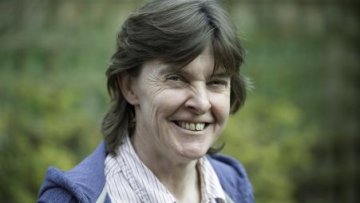Data for Mathematical Copilots: Better Ways of Presenting Proofs for
Machine Learning
Frieder, S
Bayer, J
Collins, K
Berner, J
Loader, J
Juhász, A
Ruehle, F
Welleck, S
Poesia, G
Griffiths, R
Weller, A
Goyal, A
Lukasiewicz, T
Gowers, T
(19 Dec 2024)
http://arxiv.org/abs/2412.15184v1
Machine Learning


